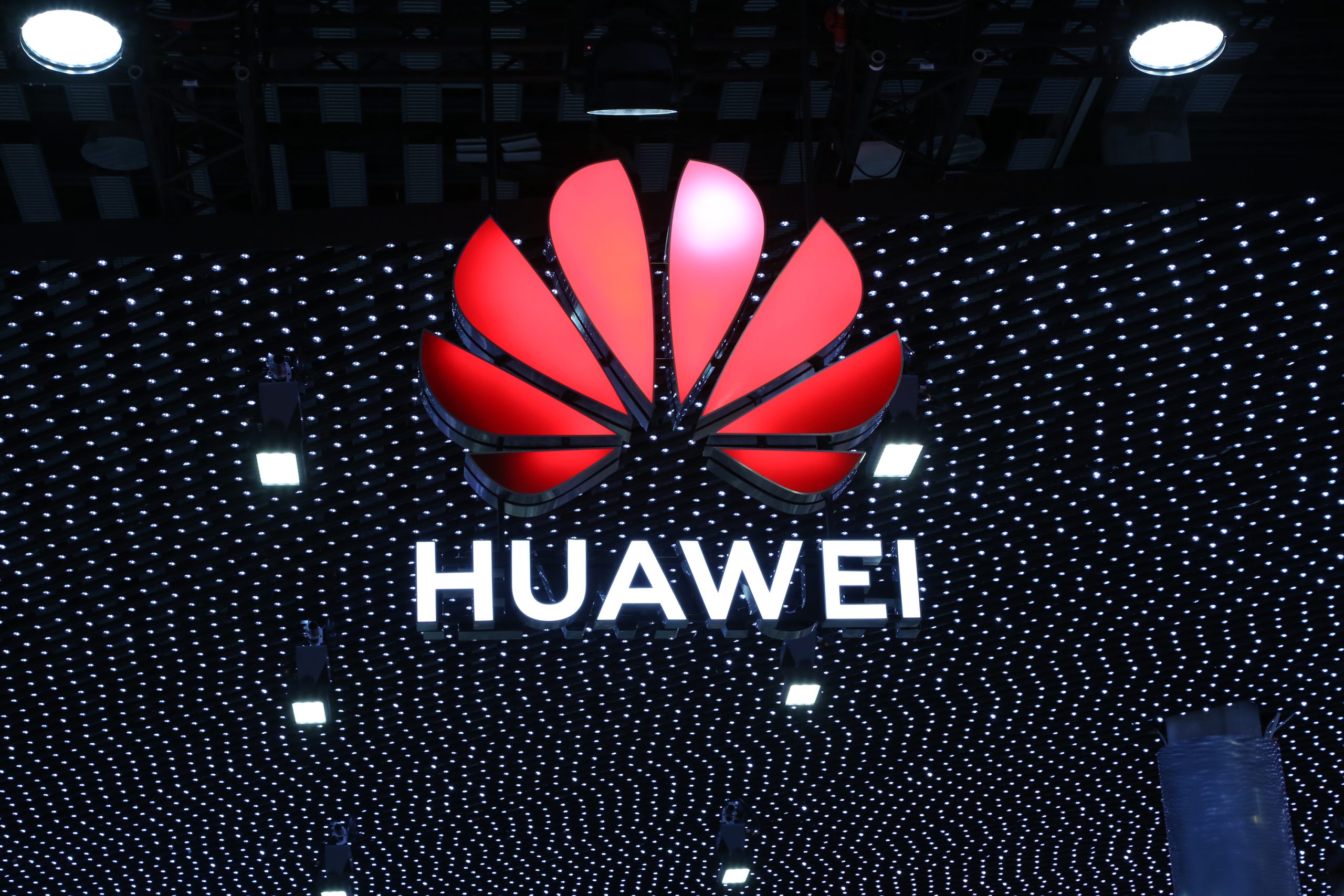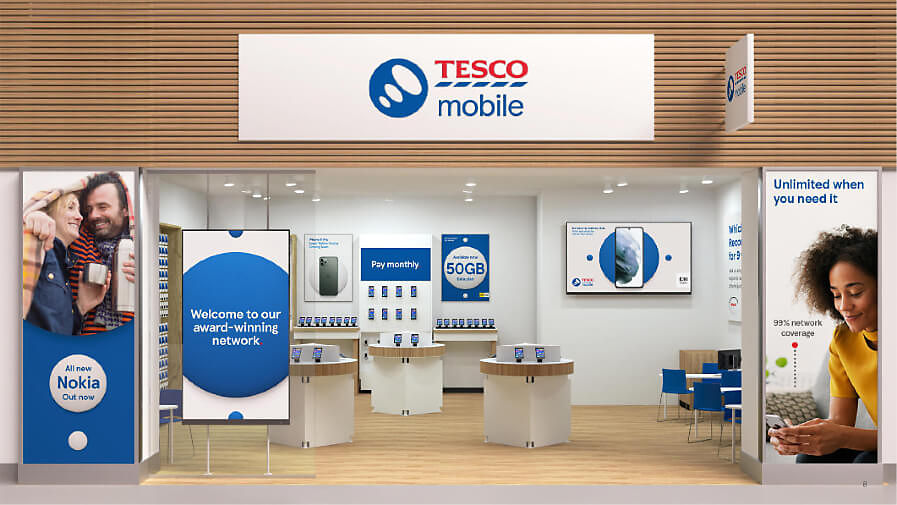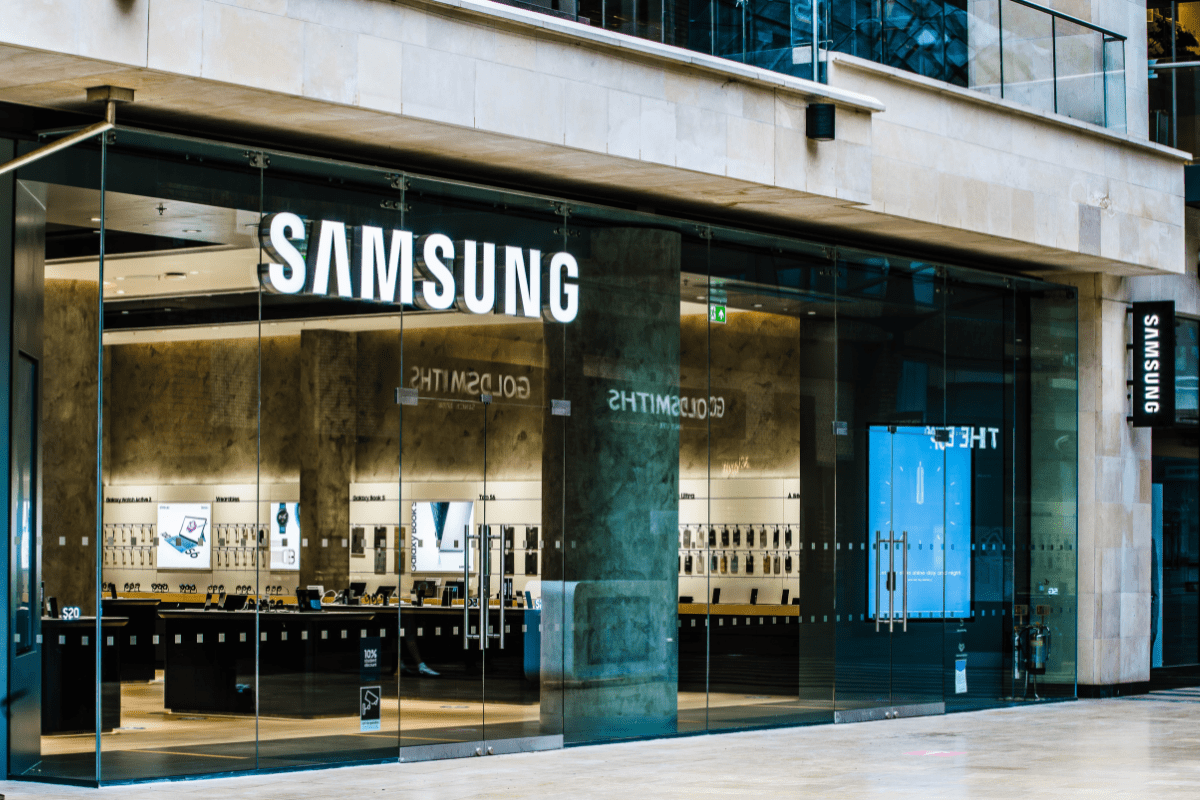Viewpoint: The Dark Side of Mobile Gambling
- Wednesday, September 6th, 2017
- Share this article:

This week on the site, we’re taking a closer look at one of the verticals that was one of the first to fully embrace mobile as a marketing tool: the gambling industry.
Yesterday, Tyrone Stewart examined how gambling operators make the most of social, especially around big sporting events like the recent Mayweather-McGregor fight. Tomorrow, Tim Maytom will be looking at how mobile gambling firms are dealing with the growing threat of data breaches and hacking. With a slew of recent headlines exposing some less-than-ethical practices, however, it seems vital to also acknowledge the darker side of this industry.
Last week, online betting firm 888 was fined £7.8m by the Gambling Commission for their treatment of gamblers who had signed up to the self-exclusion scheme introduced by the UK government last year.
Intended to help problem gamblers – of whom there are over 2m in the UK, according to Gambling Commission numbers – the idea is that individuals can effectively ban themselves from bookmakers, online and in betting shops. However, due to a technical failure, these self-excluded users were still able to access their 888 accounts, betting almost £51m in the process. It also failed to recognise the signs of problem gambling in one particular customer, who placed 850,000 bets in the space of a year, single-handedly staking £1.3m including money from their employer.
The data house always wins
That news was quickly followed by a Guardian report which exposed how betting affiliates are using data to target ex-gamblers and lower-income users – those most vulnerable to gambling losses. This data, covering details of not just individuals’ income but their debt, credit and insurance situation, was gathered through methods such as online raffles and sold on to betting affiliates.
The thing about this latter story is that, shocking as it might be to read about in the morning paper, it’s more or less business as usual for digital marketing. If you strip out the specifics, a campaign that uses in-depth user data to reach the exact customers that a brand wants to get on board? Sounds exactly like the kind of success story we’d be keen to celebrate.
The problem is that when these tools are applied to something like gambling, where there are issues such as addiction to consider, we have to be very careful in how we deploy them.
Take retargeting, for example. It’s an effective tool in the digital marketer’s arsenal, if an occasionally annoying one for the recipient. But when, as the Guardian reports, retargeting is used to single out people who have stopped gambling – potentially including those who have opted into the self-exclusion scheme – and then attempt to lure them back with ever-growing incentives of a £10, £20, £30 free bet … well, frankly, it starts to look a bit evil.
Mobile gambling is set to become even bigger business, after Google’s Play Store last month relaxed its ban on real-money gambling apps across the UK, Ireland and France. It’s well past time to consider how the betting industry can make more responsible use of digital marketing tools.
The ethics of whale hunting
Starting with the concerns about misuse of data, it is worth remembering that the gambling industry will be impacted, just like everyone else, by the EU’s incoming GDPR.
While there are no rules about the ethical deployment of data – something that would arguably be impossible to legislate for anyway – GDPR means that individuals need to give explicit, informed consent about how their data will be used. This could potentially close off some of the murkier ways that data is currently gathered, while the much-discussed ‘right to be forgotten’ might give lapsed gamblers a means to stop themselves being tempted by retargeting.
This won’t solve the underlying problems within the gambling industry, however. Gambling marketing faces a lot of the same pitfalls as alcohol and tobacco, but with a vital difference: the delivery mechanism for an ad, whether a desktop PC or a smartphone, can also provide immediate access to the product itself. To return to the retargeting example, the idea of repeatedly hitting a recovering alcohol with an offer on their favourite drink is pretty distasteful – but at least you’re not able to offer them an instantaneous hit of the thing they’re addicted to, just by downloading this app here, and score yourself a user acquisition fee as a result.
User acquisition is another cornerstone of digital marketing that starts to become troubling when you apply its principles to gambling. The ethics of hunting for ‘whales’, that small portion of an app’s users who account for the majority of revenues from in-app purchases, are open to debate – but it’s worth remembering that the term itself originates from casinos, which will infamously go to any lengths to court these big spenders. And it’s not because they’re likely to win big.
Dealing a better hand
In online gambling, some of the murkiest user acquisition practices are seen among third-party affiliates, the companies and individuals who refer people to gambling sites and get a cut of their losses, and who have been a major source of online gambling traffic in recent years. These affiliates aren’t licensed by the Gambling Commission, which has enabled the growth of some fairly shocking behaviour.
For example, there was yet another controversy this week as the Guardian reported on affiliates posing as tipsters on Facebook and deliberately recommending betting tips they know are unlikely to win, in order to make money from the resulting losses.
This is a problem that it seems the gambling operators themselves increasingly agree on. Sky Bet has this week announced it was closing its affiliate scheme. When we reached out for comment on the recent string allegations that online betting firms have faced, a spokesperson for Ladbrokes Coral told us: “The use of affiliates has in recent times been much reduced. We have completed a root and branch review of how we use affiliates and those that we use are now subject to ever tighter restrictions on their use of our brand.”
If all the gambling operators follow suit, this could help clear up some of the more blatantly murky corners of the industry. But many of the problems with promoting gambling are inherent, and won’t be resolved so easily. As I mentioned at the outset, gambling was one of the first verticals to truly understand mobile’s potential for marketing, and betting firms helped innovate and prove its value in the early days. However, it’s always worth considering whether, when it comes to gambling, the familiar tools of digital marketing possibly work a little too well.
















